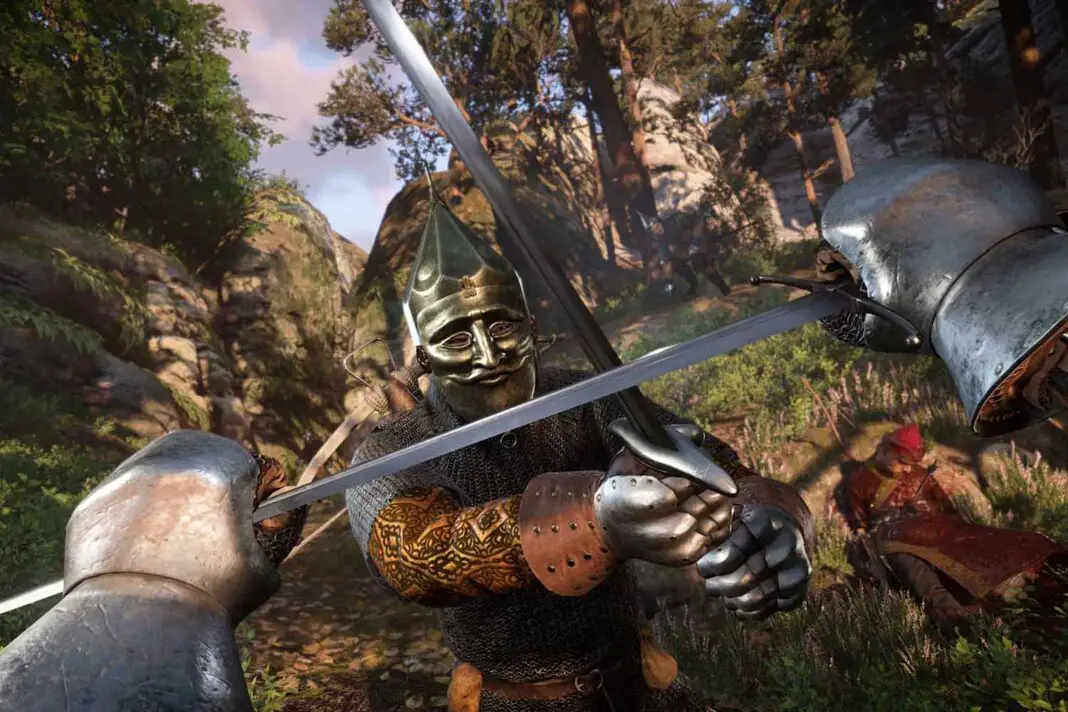Over the years, video games have been trying harder and harder to immerse players in their overcomplicated versions of realism, trapping them in their realistic worlds—even when those worlds are highly unrealistic representations of our own. Whether it is by improving graphical quality, increasing the visual art on our screens, or changing game mechanics, video games have always tried to find ways to make their game worlds seem more realistic.
To a lot of people, this might be the more impressive visuals of their game. To others, it might be the complicated game mechanics that include many real-world issues. Whatever it is, more recent games are trying to appear more realistic to their fan base.
But is it worth it? When people play video games, do they search for realism?
Sometimes, having these elements of realism in video games can offer a unique and intriguing experience for anyone. One of these major game mechanics that has become a more recent trend is the introduction of specific needs. As such, games add needs such as hunger and thirst that the player must keep track of and maintain.
Sometimes, these mechanics can add something brilliant to the overall gaming experience, teaching the player something about their game world. Often, games will add these mechanics as a difficulty modifier, making the game feel a little more arduous and challenging. Thus, when a player completes their journey through the game, they feel rewarded by the challenge.
A prime example of a game that pushed extreme realism is Kingdom Come: Deliverance. This game symbolized everything that games strive for in terms of realism. It also put the term “realism” into perspective for many players who were begging for it. Therefore, when people wish for more realism in their games, they often look back at Kingdom Come: Deliverance.
This game added so many realistic elements that it often left players a little annoyed by its unique quirks and mechanics. However, it created a perfect image of what a realistic game could be. Somehow, it made itself out to be a perfect life simulator while also being an action RPG.
Instead of bombarding players with realistic game mechanics, such as hunger, thirst, sleep, and other such things, many games opt for other ways of creating a realistic environment. The most common course of action is having a realistic day-to-night cycle.
This creates the illusion of days passing in-game, sometimes giving players a certain window to complete tasks or simply creating the wonderful passage of time. Stores will close during certain hours, people will become unavailable for quests, and other mechanics will change due to the day-to-night cycle.
This is the most common realism mechanic that games tend to adopt as their attempt at realism. However, because it is commonplace in many games and therefore not very original, many game developers tend to stretch beyond this component and add another aspect to enhance realism further.
Read this next: The Witcher 3 Review: A Classic RPG with a Dent in Its Armour
With the many different mechanics that can be used to show realism, the question is whether it is needed. Does realism make for a better game? Some people will agree that it does and will argue that it can enhance a player’s experience within that game. However, it is all a matter of opinion.
Just because a game has created a realistic game world for its players does not mean it is always amazing. Likewise, a game without any realistic mechanics within its gameplay is not necessarily doomed to failure.
In RPGs, developers consider realism a compulsory element. After all, RPGs should emphasize immersion and role-playing, so players expect realism. However, it is up to the developer to decide how much realism they wish to include.
How they implement that realism is very important. If developers don’t do it in a fun and unique way, it becomes a chore rather than an exciting element that enhances gameplay.
Is it overrated? Not necessarily. But it is often pushed into games when it is not needed. Sometimes, realism doesn’t equal a better game. In recent years, realism has been treated as a guaranteed win in gaming—but does it always make for a better experience? Not necessarily.



